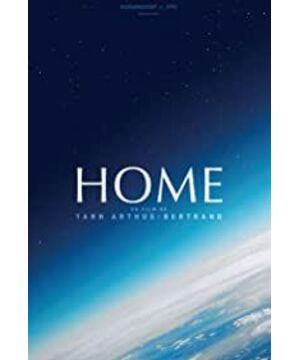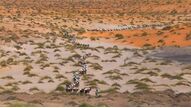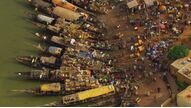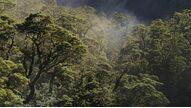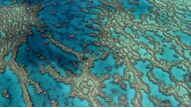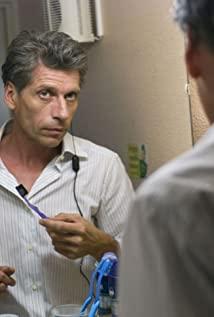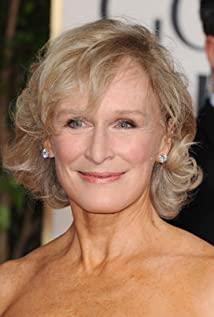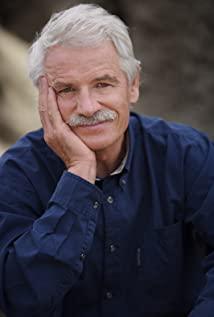After watching this documentary, I can't calm down for a long time. It was also suddenly discovered that there are always new environmental crises in the major daily news. For example, just yesterday, it was reported that the water level of Dongting Lake was rarely low, fishermen went out of business, and resources were depleted; Maldives, a beautiful low-lying island country, because Continued climate warming may disappear within this century... All this is really happening and affects the human beings in it, although it sounds so, so far away from us.
It is true: a drop of water saved by each of us, some unnecessary consumption reduction, reduced carbon dioxide emissions... It seems that the impact on our earth home is too small! Like a drop of water pouring into the sea, nothing can be seen. Also, we seem to be so far away from some of the extremes in the news (extreme water scarcity, rampant dryness, and harsh climate in Africa) that we don't have to worry about depleting resources for our own use, at least for the rest of our lives, but:
right there You and I live on a planet where 5,000 people die every day from contaminated drinking water, and 1 billion people don't have access to safe drinking water. (United Nations Development Programme, 2006)
40% of the world's arable land has been abandoned, and 1 billion people are still suffering from hunger.
75% of fish species are depleted or at risk of depletion.
...
If we don't have to worry about the crisis of resource depletion in our own life, can we imagine what will happen to our descendants, your own children?
When watching this documentary, I don't know why I gradually think of "The Lord of the Rings", "My precious, My own, my own..." Human beings have been blinded by their own greedy nature for too long, and they are deeply caught in it and cannot be detected. My own manifesto, but our homeland is not one's, it's everyone's, and we need to make civilized choices of action before individuals and the entire human race.
The questions mentioned in the film are thought-provoking:
Let us be responsible consumers, think what we buy.
(so, How to be a responsible consumer?)
What are we waiting for?
What are you waiting for?
View more about Home reviews


